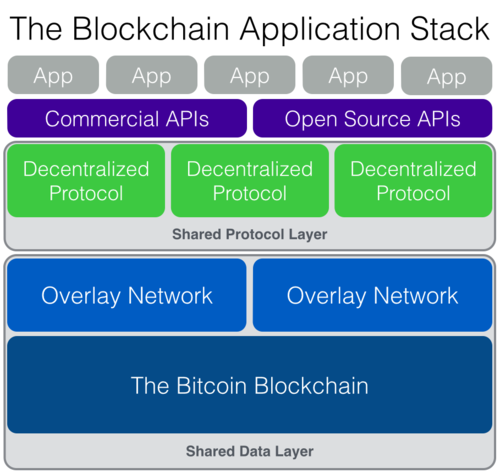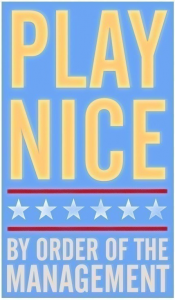Blockchain is looking like a seriously transformative technology – maybe as big an idea as http or bittorrent.
Here’s a great primer. It looks techy, but is very readable.
Sample wow quote, “Companies like Ebay, Facebook and Uber are very valuable because they benefit tremendously from the network effects that come from keeping all user information in centralized in private silos and taking a cut of all the transactions. Decentralized protocols on top of the blockchain have the potential to undo every single part of the stacks that make these services valuable to consumers and investors. They can do this by, for example, creating common, decentralized data sets to which any one can plug into, and enabling peer to peer transactions powered by Bitcoin.”






